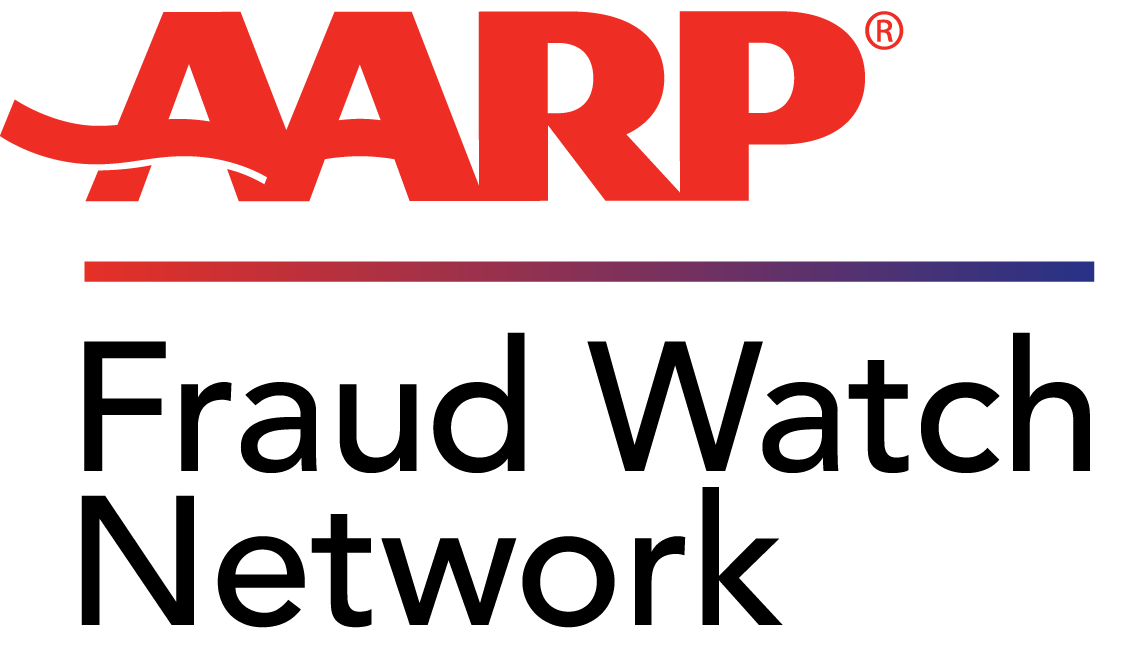AARP Hearing Center

Did you know that someone’s identity gets stolen every two seconds? The AARP Fraud Watch Network provides you with tips and resources to help you spot and avoid identity theft and fraud so you can protect yourself and your family. Our watchdog alerts will keep you up to date on con artists’ latest tricks. It’s free of charge for everyone: AARP members, non-members, and people of all ages.
The AARP Fraud Watch Network is:
- An Educator: Get real-time alerts about the latest scams, tips on how to spot them, and the inside scoop on how con artists think so you can outsmart them before they strike.
- A Watchdog: Our nationwide scam tracking map gives you access to a network of people who've spotted scams and the opportunity to pass along your own experiences, so together we can beat con artists at their own game.
- A Resource: Get connected to a real live person trained in how to avoid fraud and advise you if you or a loved one has been scammed by calling our fraud hotline or attending a forum in your community.
- Free for Everyone: Anyone, of any age, can access our resources at no cost.
SCAM ALERT #1:

As we near the holiday season, online shopping increases and so do online scams. Only use trusted sites to make online transactions and be wary of steeply discounted items. Sometimes scammers will attempt to lure you into making a purchase with phony online sales. In addition, if you plan to buy or sell your own goods online, use a website or app that uses proper safety measures to ensure that you don’t lose your money in the process.
SCAM ALERT #2:

Over 500,000 people take seasonal jobs during the holiday season. Scammers like to take advantage of seasonal workers by posing as potential employers on third-party websites. When prospective employees apply for these job listings, they will be asked to provide personal information such as their date of birth, address and Social Security number for “verification purposes.” Scammers can then use this information to steal your identity. One big red flag to look out for is a job which offers a lot of money for very little work. If the position seems too good to be true, it is probably a scam. If you have questions about a job listing you see online, go directly to the business website or give them a call.
SCAM ALERT #3:

Many people travel during the holidays to visit with family and friends. Be cautious of false rental advertisements online. Do not use third party websites to book hotels and be particularly wary of home rentals. Verify listings through online consumer feedback before you close the deal. Some scammers will copy photos and details from real rental listings. They then accept pre-payment for booking the house or apartment. You may only discover that you have nowhere to stay on the day you’re supposed to check in. Never give someone money before you see the place you are supposed to stay, and always verify the listing with hotels directly before booking any rooms.
SCAM ALERT #4:

During the winter season, we see an increase in scammers calling consumers and pretending to be a representative from their local utility provider. The fraudster will claim that your previous payments haven’t cleared or that you owe them money. They will tell you that you need to pay the outstanding balance over the phone, or else your power, heat, or water will be turned off within the hour. The swindler will insist that you didn’t pay the bill (even if you know you did), and will tell you to pay over the phone with a credit card or a cash transfer. Scammers are banking on your fear that your heat will be shut off during the cold winter season in order to collect your personal information. Hang up and call your utility provider directly to confirm your billing status.
Be a fraud fighter! If you can spot a scam, you can stop a scam.
Report scams to local law enforcement. Contact the AARP Fraud Watch Network at www.aarp.org/fraudwatchnetwork for more information on fraud prevention.































































